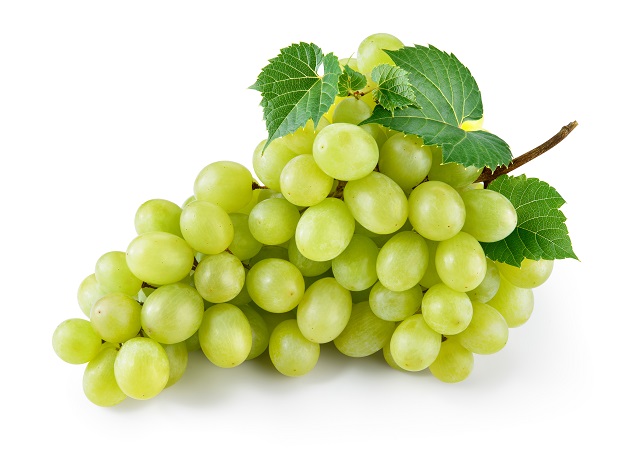Join our Facebook Group For 2022 SG Mummies to other mummies with same EDD.
Safe to Eat Grape

Trying to conceive
Grape is a fertility-friendly fruit for both man and woman.
It is rich in antioxidants which can help to remove waste from the body.
Furthermore, grape can help to remove toxin from the body. The toxin can cause the hormone to be out of balanced. When hormone is not balanced, it is hard for women to have regular ovulation. Without regular ovulation, it will be harder for women to get pregnant.
During Pregnancy
It is recommended that pregnant women avoid grape during pregnancy.
Major problem with this fruit is that it contains large amount of Resverato, a toxic chemical that is dangerous for pregnant women.
Due to its thick skin, grape may be hard to digest for pregnant women whose digestive system is usually weak during pregnancy. This can then cause constipation and bubble guts.
Lastly, grape can cause mornign sickness and headache.
During Confinement
It is suitable for new mother to have grape during confinement.
Grape is rich in iron which promotes red blood cell formation. This is very beneficial for new mothers who lost blood during birth delivery.
Grape is also rich in dietary fiber which can help to prevent constipation during confinement.
Many antioxidants in grape help to improve immunity of the new mothers who are very weak after the birth delivery.
However, if you undergoes cesarean section for delivery. You may want to avoid this food as grape is acidic which can slow down the healing process.
During Breastfeeding
It is suitable for nursing mothers to have grape in moderation.
However, if you undergoes cesarean section for delivery. You may want to avoid this food as grape is acidic which can slow down the healing process.
Many antioxidants in grape help to improve immunity of the new mothers who are very weak after delivery.
The antioxidants in grape can also lower down the cholesterol level in blood which can help to prevent heart-related disease.
However, this fruit may cause gas and your baby may therefore experience colic or discomfort in the stomach. It is therefore important for you to observe your baby's reaction after you have consumed grape.
Four Months to Six Months Old Baby
It is not suitable for baby at this age to eat grape.
Seven Months to Nine Months Old Baby
You can introduce grape to your baby when he or she is 8 to 10 months old. You should gradually introduce this fruit to your baby to make sure he or she does not show any adverse reaction such as colic or discomfort in the stomach.
Grape has high water content which can keep your baby hydrated and prevents constipation.
It is also rich in calcium which can help in the bone development of the baby.
Vitamin C and other antioxidants present in grape help to improve baby's immune system.
Ten Months to Twelve Months Old Baby
You can introduce grape to your baby when he or she is 8 to 10 months old. You should gradually introduce this fruit to your baby to make sure he or she does not show any adverse reaction such as colic or discomfort in the stomach.
Grape has high water content which can keep your baby hydrated and prevents constipation.
It is also rich in calcium which can help in the bone development of the baby.
Vitamin C and other antioxidants present in grape help to improve baby's immune system.
One Year Old and Above Baby
You should gradually introduce this fruit to your baby to make sure he or she does not show any adverse reaction such as colic or discomfort in the stomach.
Grape has high water content which can keep your baby hydrated and prevents constipation.
It is also rich in calcium which can help in the bone development of the baby.
Vitamin C and other antioxidants present in grape help to improve baby's immune system.






